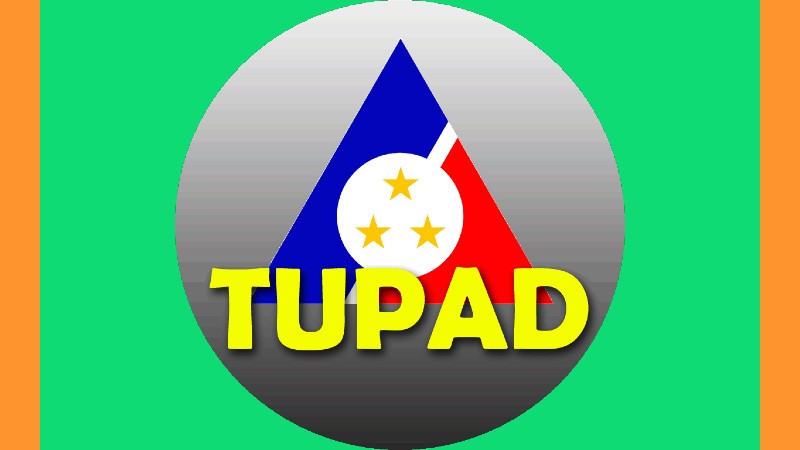TUBO, Abra – In a bid to foster innovation and sustainable livelihoods, the Department of Agriculture Regional Field Office (DA-RFO CAR) through the Kabuhayan at Kaunlaran ng Kababayang Katutubo or 4K Program facilitated Product Development Training on March 12-14, 2024 in Tubo, Abra. Conducted in collaboration with the Municipal Agriculture Office of Tubo, this initiative brought together 80 individuals, comprising 15 males and 65 females, representing various farmers cooperatives and associations (FCAs) that are operating under the umbrella of the Tipon iti Umili para ti Panagsalwad ti Naparswaan (TIPON). TIPON is one of the DA-4K Program-assisted in the Cordillera region.
The training sessions, tailored to highlight the potential of commodities such as coffee, sweet potato, egg, and fern, aimed to equip the participants with essential skills and insights on product development and marketing strategies.
Coffee: From Bean to Brew
The participants delved into the world of coffee handling, learning about bean sorting, roasting, and grinding techniques. Hands-on demonstrations provided them with the opportunity to experience the traditional method of roasting coffee beans using a “kawali” or wok over an open fire. This practical approach not only deepened their understanding but also sparked creativity and excitement. The session culminated in a delightful coffee tasting experience, allowing participants to discern the nuances between light, medium, and dark roasts. Locally sourced Robusta coffee from Barangay Alangtin was utilized for the demonstration.
Sweet Potato: Versatility Unveiled
The training highlighted the importance and versatility of sweet potatoes as a survival crop. Attendees gained insights into different sweet potato varieties, propagation techniques, and pest management strategies. Practical demonstrations of planting materials production further enriched the session, empowering participants to kickstart their own sweet potato ventures. They also explored the wide array of sweet potato by-products, from delectable bakery treats to nutritious livestock feeds – including candies, snack items such as kakanin and polvoron, beverages like wine and vinegar derived from sweet potato peels, yogurt, starch, noodles, and feeds tailored for livestock consumption.
Cracking Open Opportunities
Aspiring egg entrepreneurs received practical advice on starting their own egg businesses. Practical demonstrations on salt egg making provided a hands-on learning experience for the participants.
A Culinary Adventure with Fern
Known locally as “Pako,” participants embarked on a culinary journey exploring the diverse uses of fiddlehead fern. From traditional dishes to innovative recipes, the session ignited a newfound appreciation for this indigenous vegetable.
Crafting Identity
The importance of attractive packaging and informative labeling was emphasized, with a focus on adhering to Food and Drug Administration (FDA) standards. Participants gained valuable insights into effective packaging design, recognizing its role as a powerful marketing tool.
Wrapping Success in Every Package
Participants gained a better understanding of product costing, enabling them to make informed decisions about their production processes. Hands-on label enhancement sessions ensured that product labels were not only accurate but also visually appealing, meeting consumer expectations. These labels not only include the coffee commodity that was covered during the training but also the other products of the FCAs namely – ginger and turmeric teas, muscovado, sugarcane wine, sugarcane vinegar, and heirloom rice.
Setting the Stage for Success
The training concluded with a hands-on session wherein the participants packaged their products using the purchased packaging materials and affixed their labels. This enabled the participants to better appreciate and provide feedbacks.
The training featured resource persons from various institutions and businesses, including the Department of Science and Technology (DOST-CAR Provincial S&T Center), Benguet State University, Casarap Café, Abra State Institute of Science and Technology (ASSIST), Tubo Local Government Unit, and 4K Program personnel. Programs and services offered by the DOST-CAR were also shared, further enriching the training experience. Supplies and equipment for product development of various commodities were also turned over.
Some insights shared by the participants highlighted the importance and appropriateness of packaging and labeling to attract customers. They also mentioned their enhanced coffee processing skills. Additionally, they reflected on the tendency to overlook the cost of labor in their product costing, which can impact their profits.
With newfound insights and a renewed sense of purpose, the participants are poised to embark on a journey of innovation and growth, harnessing the rich bounty of Tubo’s agricultural heritage. By Nympha Akilith
















